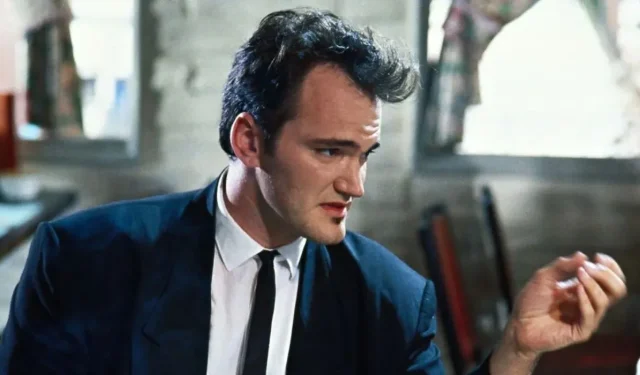
Quentin Tarantino’s Take on Television vs. Film
Renowned filmmaker Quentin Tarantino has shared his perspective on the differences between television and film, asserting that modern TV lacks the lasting impact of cinematic productions. Citing the popular western series Yellowstone as a contemporary example, Tarantino—a groundbreaking figure in American independent cinema since the 1990s—rose to fame with his acclaimed debut, Reservoir Dogs, in 1991, followed by the iconic Pulp Fiction, which solidified his reputation for masterfully weaving complex narratives featuring ensemble casts. His unique style and outspoken nature have long made him a pivotal figure in the industry.
Insights from Tarantino’s Recent Appearance
In a recent episode of The Joe Rogan Experience, reported by Indie Wire, Tarantino discussed his critical view of current television, dubbing Yellowstone as “just a soap opera.” He noted how television has increasingly adopted cinematic techniques yet believes it ultimately lacks the narrative depth and significance of films.
“Everyone talks about how great television is now. And it’s pretty good, I gotta say. But it’s still television to me. What’s the difference between television and a good movie? Because a lot of TV now has the patina of a movie. They’re using cinematic language to get you caught up in it. I didn’t really get around to watching ‘Yellowstone’ the first three years or so. Then I watch the first season and I’m like ‘Wow, this is f*cking great!’ I’ve always been a big Kevin Costner fan, he’s f*cking wonderful in this… But at the end of the day it’s just a soap opera.”
He emphasized that while he found the show engaging, its structure ultimately resembled that of a soap opera, where character connections overshadow the overall story arc.
The Implications of Tarantino’s Views on Future TV Projects
Shifted Perspectives on Television
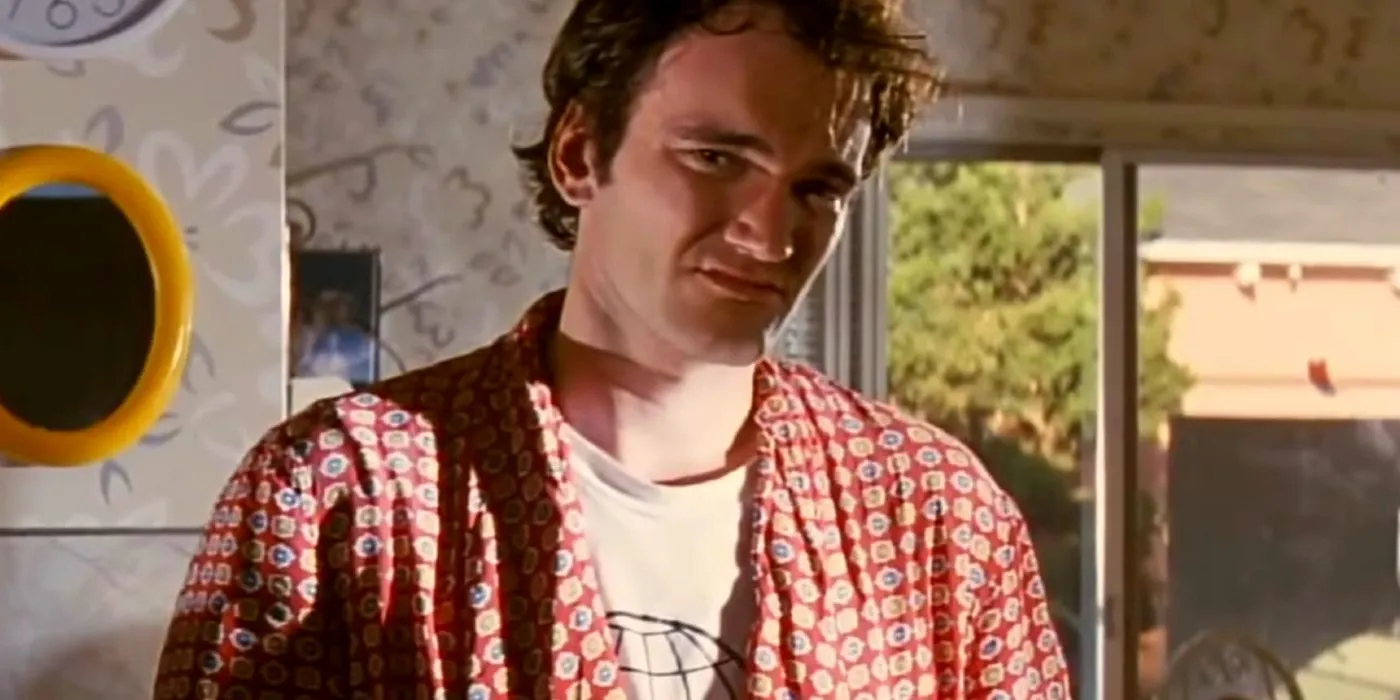
Tarantino has consistently championed film as the superior medium, although he has acknowledged the value of television in the past, expressing fondness for classic shows like Rawhide and Kung Fu. His directorial contributions to television include episodes of ER in 1995 and a two-part segment of CSI: Crime Scene Investigation in 2005. However, it seems that his standpoint on television has become more rigid, raising doubts about his interest in pursuing future TV projects.
Despite his criticisms, Tarantino’s appreciation for long-form storytelling—evident from his enjoyment of the first season of Yellowstone—hints that he may still find value in the format, particularly with creators like Taylor Sheridan, who deliver captivating narratives. Yet, the ongoing controversies surrounding the series have somewhat overshadowed its storytelling achievements.
Final Thoughts on Tarantino’s Perspective
The Director’s Enduring Preference for Film
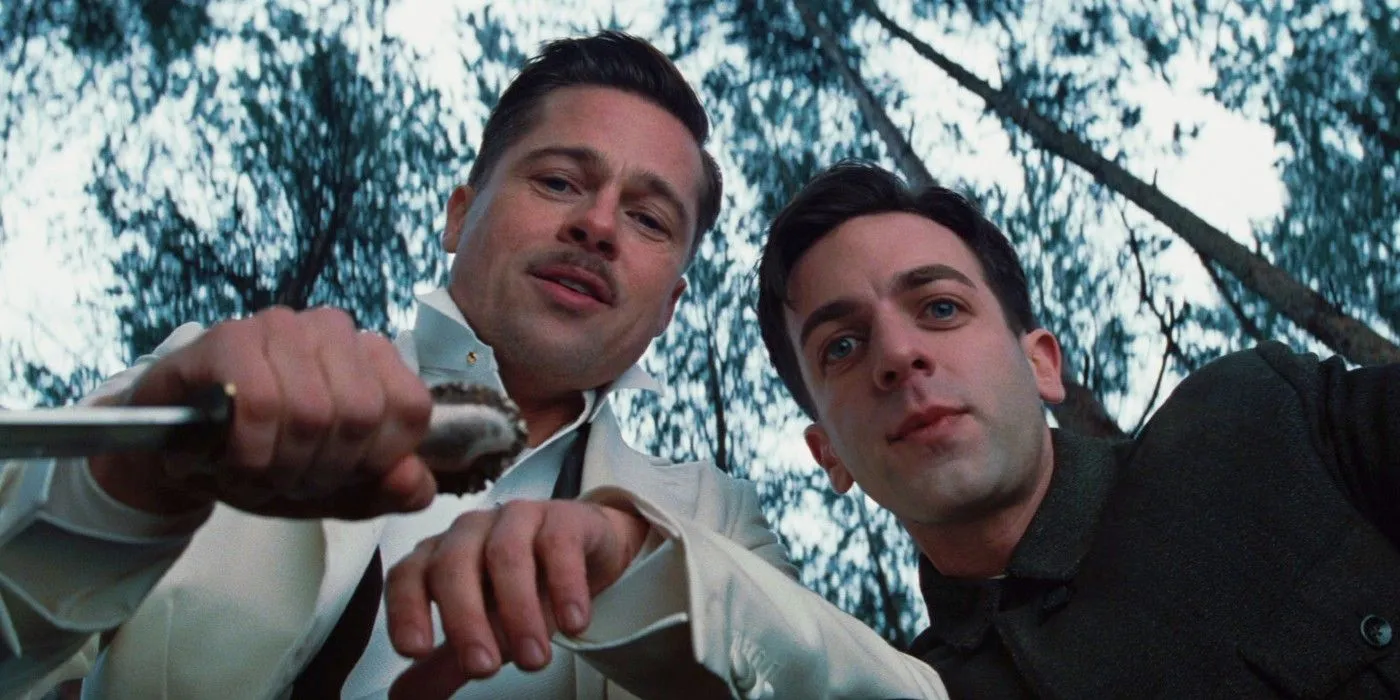
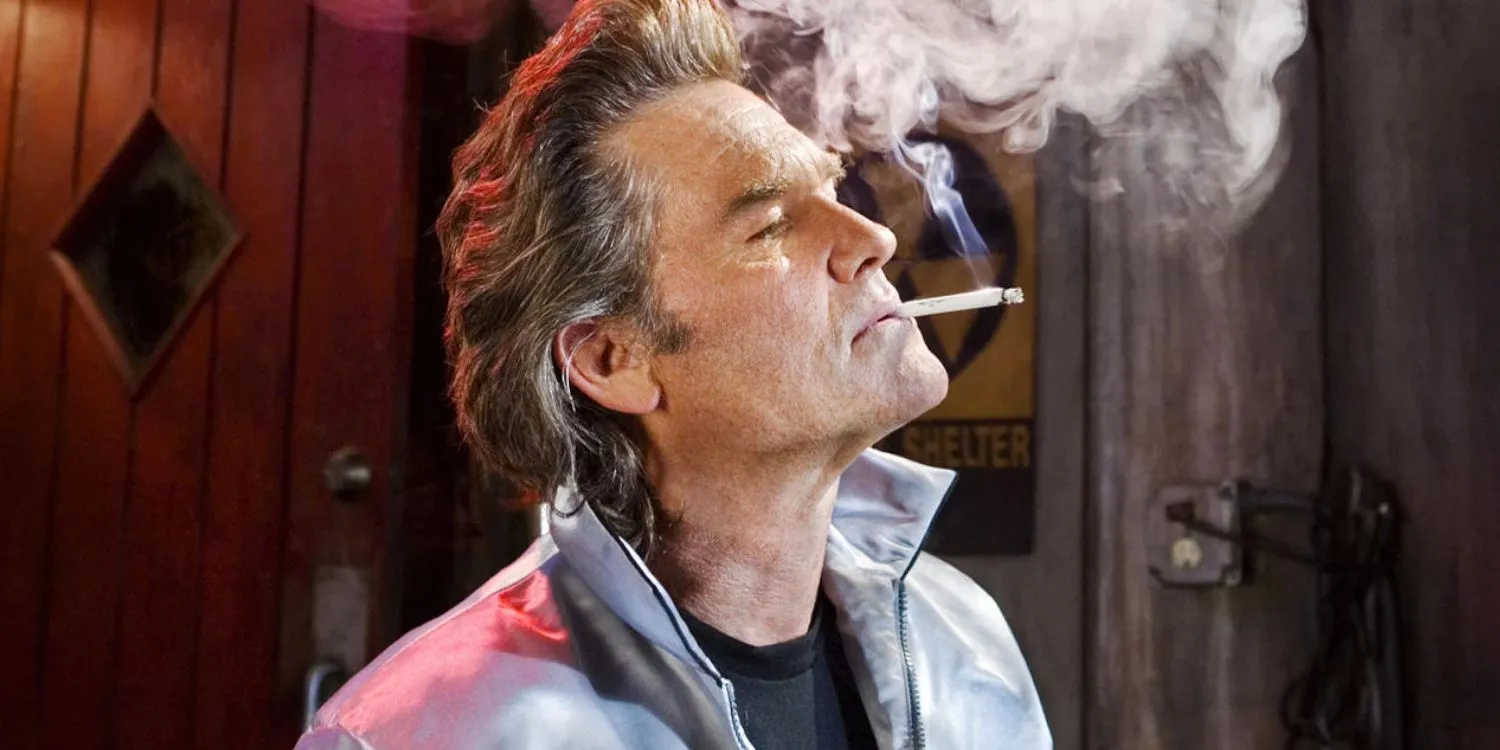
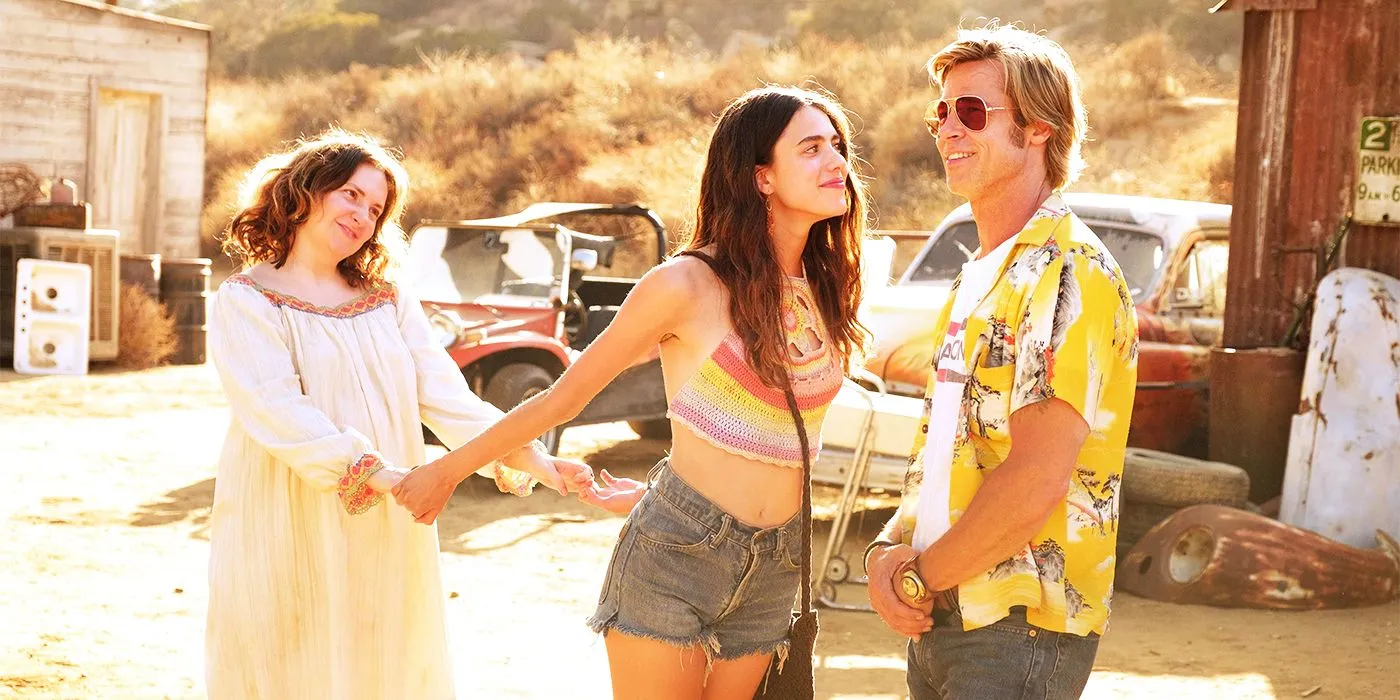
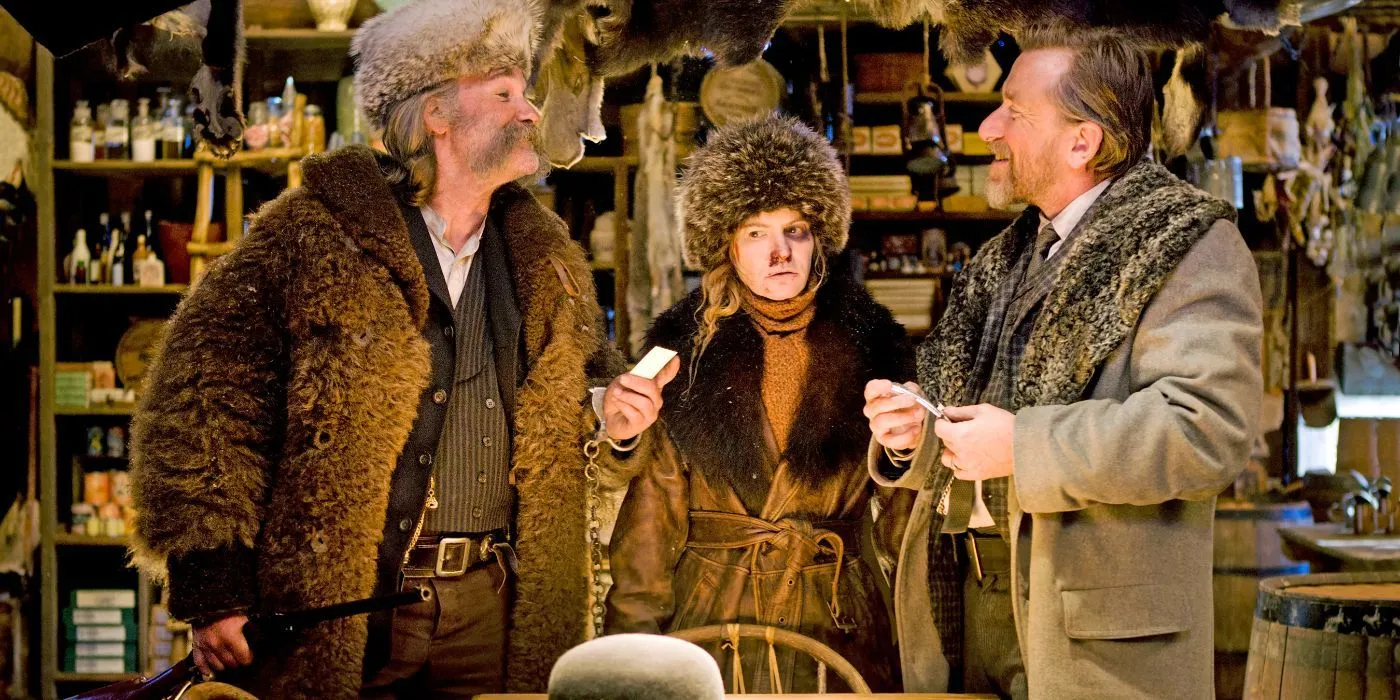
Tarantino’s viewpoints hold validity, particularly as contemporary television strives for a cinematic quality that doesn’t always translate to effective storytelling. He appears to prefer narratives that are concise and complete, rather than drawn-out plots that may meander over several seasons. Should he decide to explore television post-retirement, it is likely he would opt for a miniseries or a limited series format rather than a traditional multi-season show.
For more insights, visit Indie Wire.




Leave a Reply